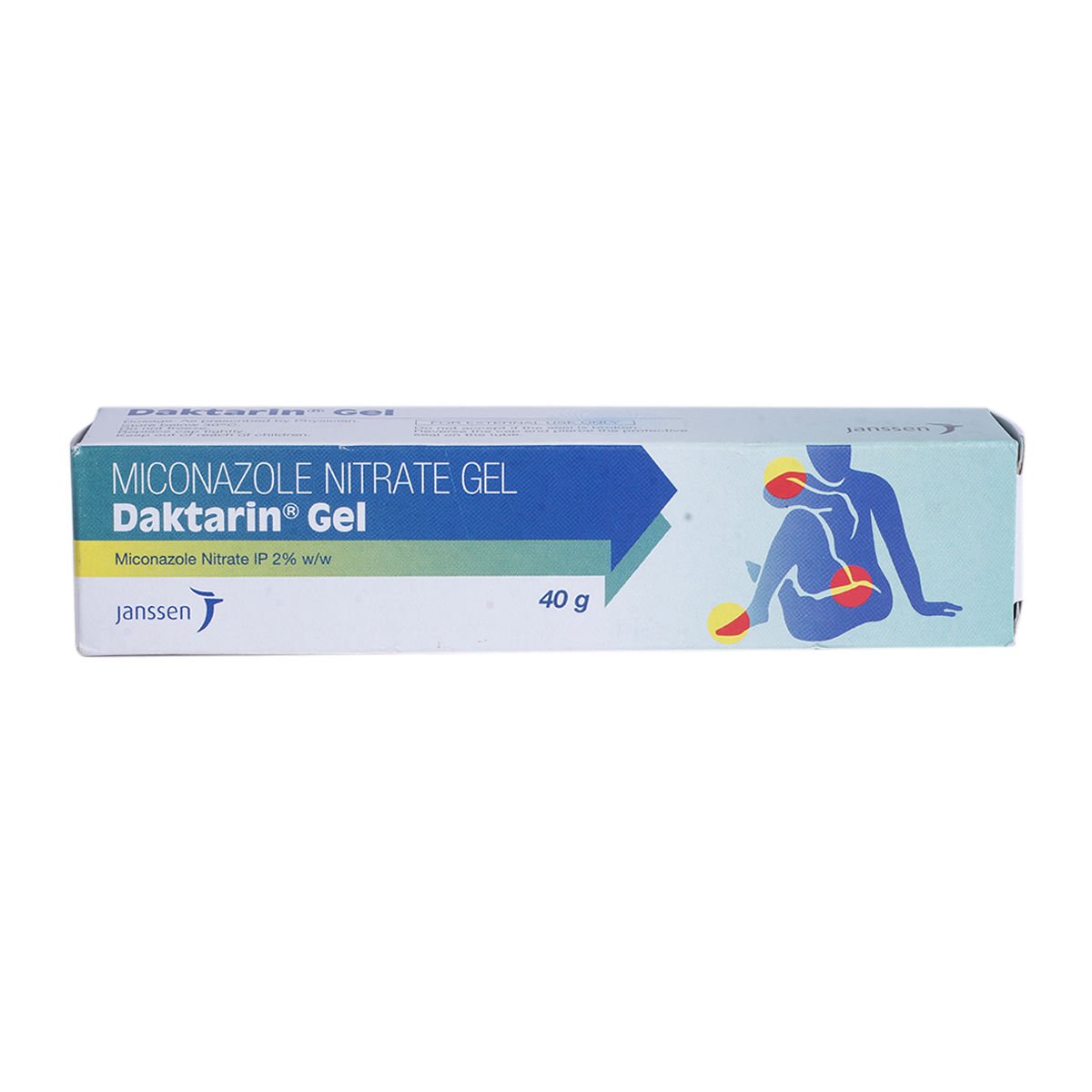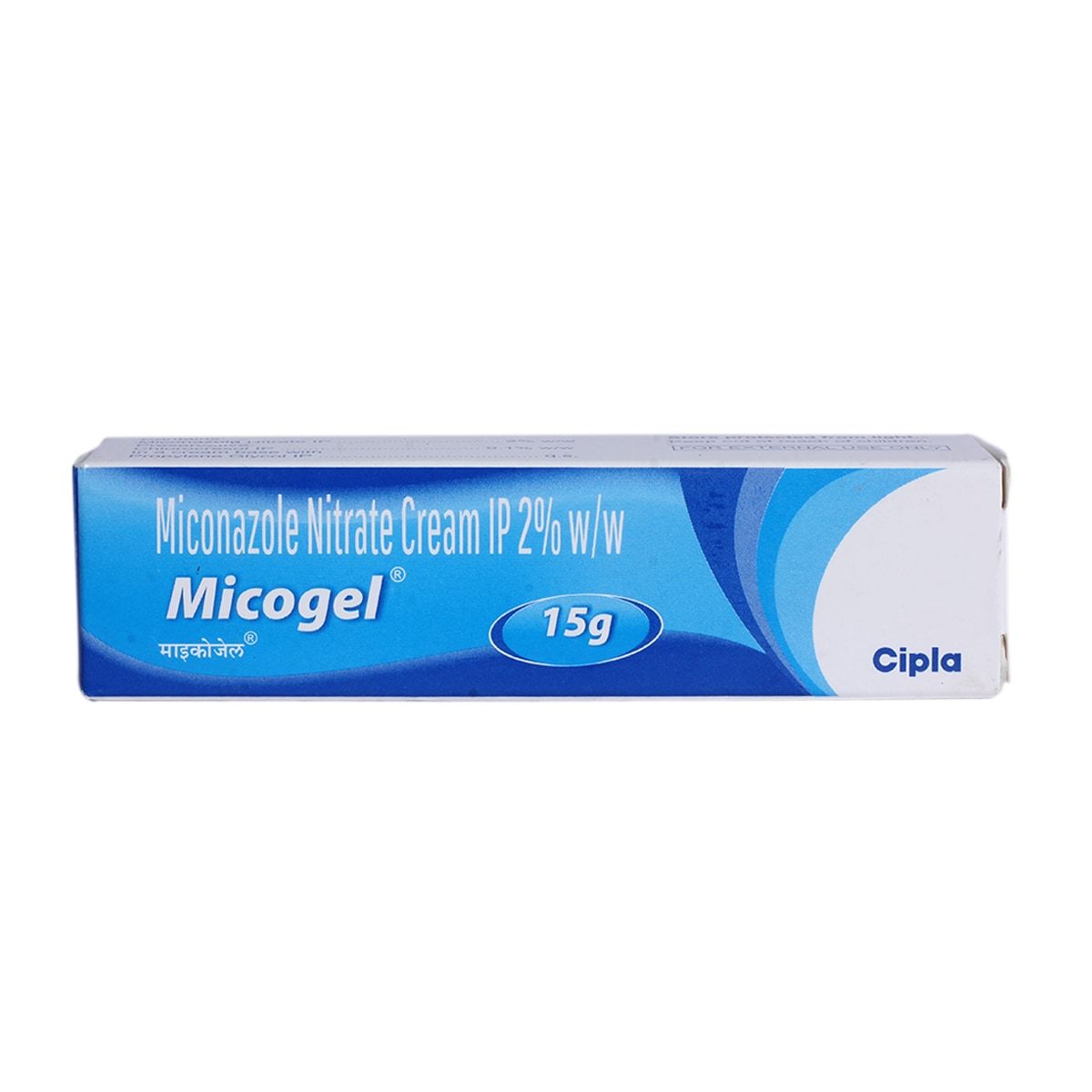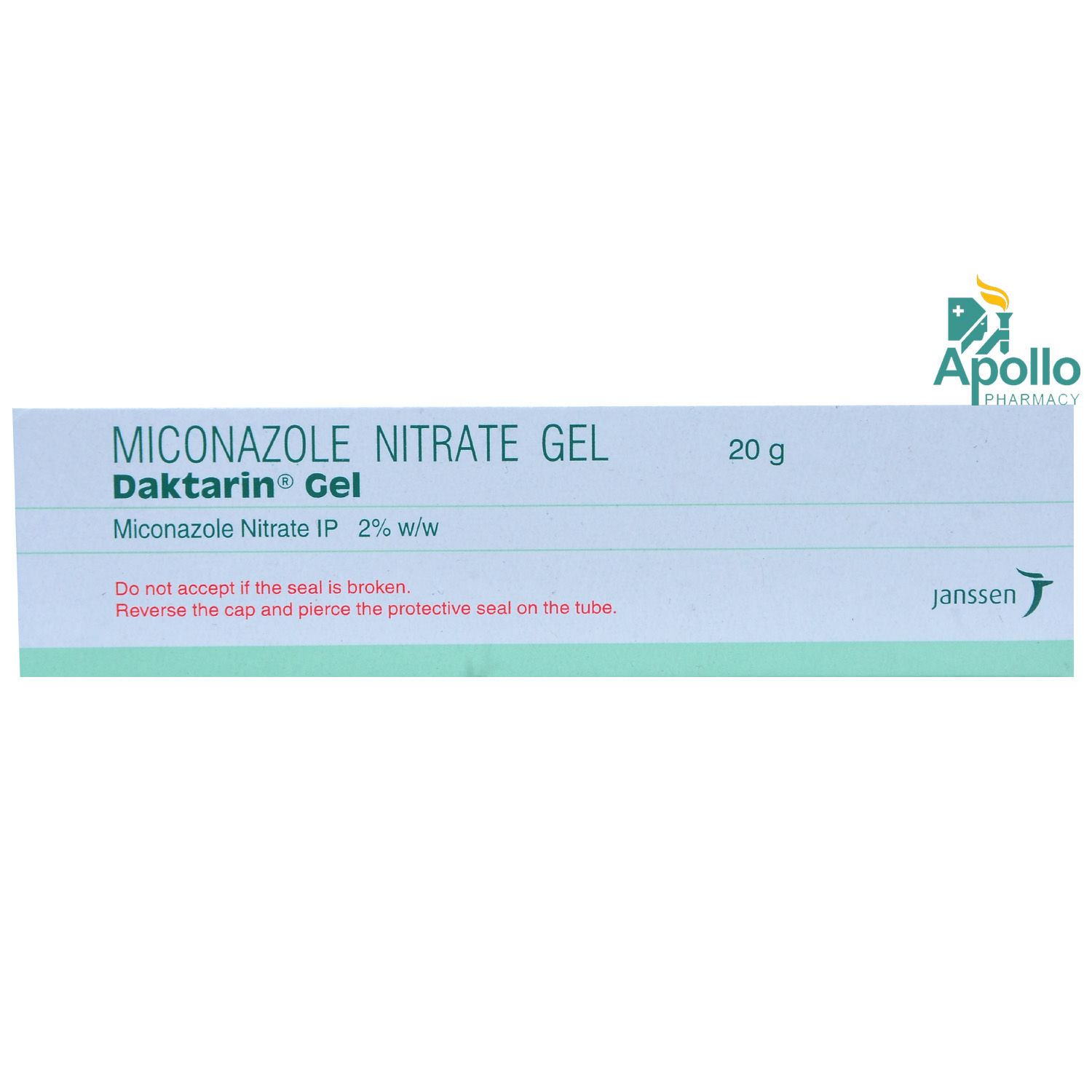Myconid Cream
₹39.15*
MRP ₹43.5
10% off
₹36.97*
MRP ₹43.5
15% CB
₹6.53 cashback(15%)
Free Delivery
With Circle membership
(Inclusive of all Taxes)
This offer price is valid on orders above ₹800. Apply coupon PHARMA10/PHARMA18 (excluding restricted items)
Know Your Delivery Time
Provide Delivery Location

Whats That

Secure Payment

India's Most Trusted Pharmacy

Genuine Products
Composition :
Manufacturer/Marketer :
Consume Type :
Return Policy :
About Myconid Cream
Myconid Cream belongs to the class of antifungal medication. It is used in the treatment of fungal or yeast infections of the skin, such as athlete’s foot (affects toes), jock itch (affects the groin area), candidiasis (affects mouth, throat, gut, and vagina), and ringworm (affects skin or the scalp). Athlete’s foot, jock itch, and ringworm are fungal infections closely related to each other, whereas candidiasis is a yeast infection caused by Candida albicans. These infections are usually seen in people with weak immune systems. They can spread by skin-to-skin contact.
Myconid Cream contains miconazole. Myconid Cream can inhibit fungal growth and reduce infection. Generally, Myconid Cream may take 4 to 7 days to reduce the symptoms. Your doctor will decide what dose should be taken based on your health condition. Continue using Myconid Cream even if the symptoms improve. Abrupt stopping of the medication may result in a relapse of the infection (reappearance of the signs). So, continue treatment as recommended by your doctor to eradicate the infection.
Use Myconid Cream as recommended by the physician. In some cases, Myconid Cream may cause redness, rash, itching, or blister formation at the site of application, impaired sense of taste (dysgeusia), headache, itching or burning, tummy/abdominal pain, nausea, vomiting and diarrhoea. Inform your doctor if the side effects don’t disappear or get worse within a few days. Seek medical attention immediately if you experience any other abnormal symptoms.
Before taking the Myconid Cream, inform your doctor if you are allergic (hypersensitive) to miconazole or any other antifungal agents. Inform your doctor if you are taking anticoagulants, immunosuppressants, antifungals, antibiotics, prescription drugs, or non-prescription drugs. Inform your doctor if you have diabetes, HIV or AIDS, or undergoing chemotherapy. Talk to your doctor before using this medicine in children, pregnant women, and breastfeeding mothers.
Uses of Myconid Cream
Medicinal Benefits
Myconid Cream is used to treat fungal or yeast infections. It can inhibit the growth of fungi by targeting fungal cell membranes. It can be used to treat candidiasis, ringworm, athlete’s foot, and jock itch. It improves the symptoms within 3 to 4 days of the initial treatment.
Side Effects of Myconid Cream
- Rashes
- Redness
- Itching
- Burning sensation
- Blistering at the site of the application
- Diarrhoea
- Abdominal pain
- Nausea
- Vomiting
- Dry mouth
- Altered taste
- Headache
- Bleeding or abdominal cramps
Directions for Use
Storage
Drug Warnings
Before using Myconid Cream, inform your doctor if you are allergic to miconazole or any other antifungal agents. Myconid Cream should be used with caution in people with a weakened immune system due to chronic conditions such as HIV or AIDS and people who are receiving chemotherapy. Also, tell your doctor if you were previously diagnosed with diabetes or are pregnant or breastfeeding. Keep this medicine away from your eyes. If you get any cream in your eyes, rinse with water immediately. Keep your eyes open when you rinse. Myconid Cream may be contraindicated in patients with known hypersensitivity (e.g., anaphylaxis) to miconazole, milk protein concentrate, or any other product component.
Therapeutic Class
Diet & Lifestyle Advise
- Shower regularly and properly dry yourself before clothing.
- Take warm baths with mild soap.
- Don't share your bedding, towels, or clothes.
- Wearing tights or tight underwear is not recommended.
- Do not scratch the infected area. Scratching the infected skin area may spread the illness to other body parts.
- Avoid harsh soaps and deodorants or any other products.
- Avoid intercourse till the thrush has been treated.
- Limit or cut down your consumption of alcohol and caffeine.
- Reduce your intake of sugar, yeast, refined carbohydrates, and mouldy foods.
Habit Forming
How Myconid Cream Works
What if I have taken an overdose of Myconid Cream
Alcohol
Caution
Alcohol may interact with Myconid Cream. Therefore, it is better to avoid alcohol while using Myconid Cream.
Pregnancy
Caution
Myconid Cream should be used with caution in pregnant women.
Breast Feeding
Caution
Myconid Cream should be used with caution in breastfeeding women. The doctor may advise you to stop breastfeeding while taking Myconid Cream, if necessary.
Driving
Safe if prescribed
Myconid Cream does not affect your ability to drive.
Liver
Safe if prescribed
Myconid Cream can be used in patients with liver diseases only when prescribed by a doctor.
Kidney
Safe if prescribed
Myconid Cream can be given to patients with kidney problems only when prescribed by a doctor.
Children
Caution
Myconid Cream should be used in children under 12 years of age only when prescribed by a child specialist.
Country of origin
Manufacturer/Marketer address
Author Details
We provide you with authentic, trustworthy and relevant information
Myconid Cream Substitute

Dk Gel 30 gm
₹5.97per tabletDaktarin 2% Gel 40 gm
by AYUR
₹4.51per tabletZole Ointment 15 gm
₹4.20per tabletDkgel Dusting Powder 100 gm
₹1.44per tabletDK Gel XL Gel 50 gm
₹4.41per tablet
FAQs
Disclaimer
Product Substitutes


















